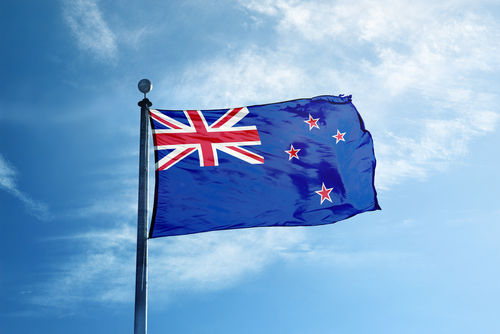New Zealand is a step closer to a more resilient, competitive, and sustainable coastal shipping sector following the selection of preferred suppliers for new and enhanced coastal shipping services.
According to Transport Minister Michael Wood, “coastal shipping is a small but important part of the New Zealand freight system, which is why the Government is investing in making coastal shipping a more viable alternative to strengthen and diversify our domestic supply chain, helping to secure New Zealand’s recovery from COVID-19.”
[smlsubform prepend=”GET THE SAFETY4SEA IN YOUR INBOX!” showname=false emailtxt=”” emailholder=”Enter your email address” showsubmit=true submittxt=”Submit” jsthanks=false thankyou=”Thank you for subscribing to our mailing list”]
The Government has committed $30 million of funding for coastal shipping funding through the National Land Transport Programme (NLTP) to improve domestic shipping services, reduce emissions, improve efficiency and upgrade maritime infrastructure.
Waka Kotahi worked with the wider freight industry to select four applicants for co-investment in new and enhanced coastal shipping services through the NLTP. The four suppliers are:
- Coastal Bulk Shipping Ltd
- Move International Ltd
- Swire Shipping NZ Ltd
- Aotearoa Shipping Alliance
With the freight industry’s support, these additional services will help to resolve immediate challenges to the coastal shipping and the wider freight sector, address some of the current issues facing the international and domestic supply chains and provide a platform for future growth across all modes with increases in capacity and capability for both new and existing bulk materials and containerised cargo
Michael Wood said.
The four suppliers will invest over $60 million through their proposals, resulting in combined investment in the sector of over $90 million.
When the new services are fully operational, it is estimated they will remove around 35 million kilometres of truck travel from New Zealand’s roading network every year, reducing wear and tear and improving safety for road users, while at the same time creating new employment opportunities for mariners and supporting regional development.
This will also support the country’s commitment in the recently released Emissions Reduction Plan to reduce emissions from freight transport by 35% by 2035.































































